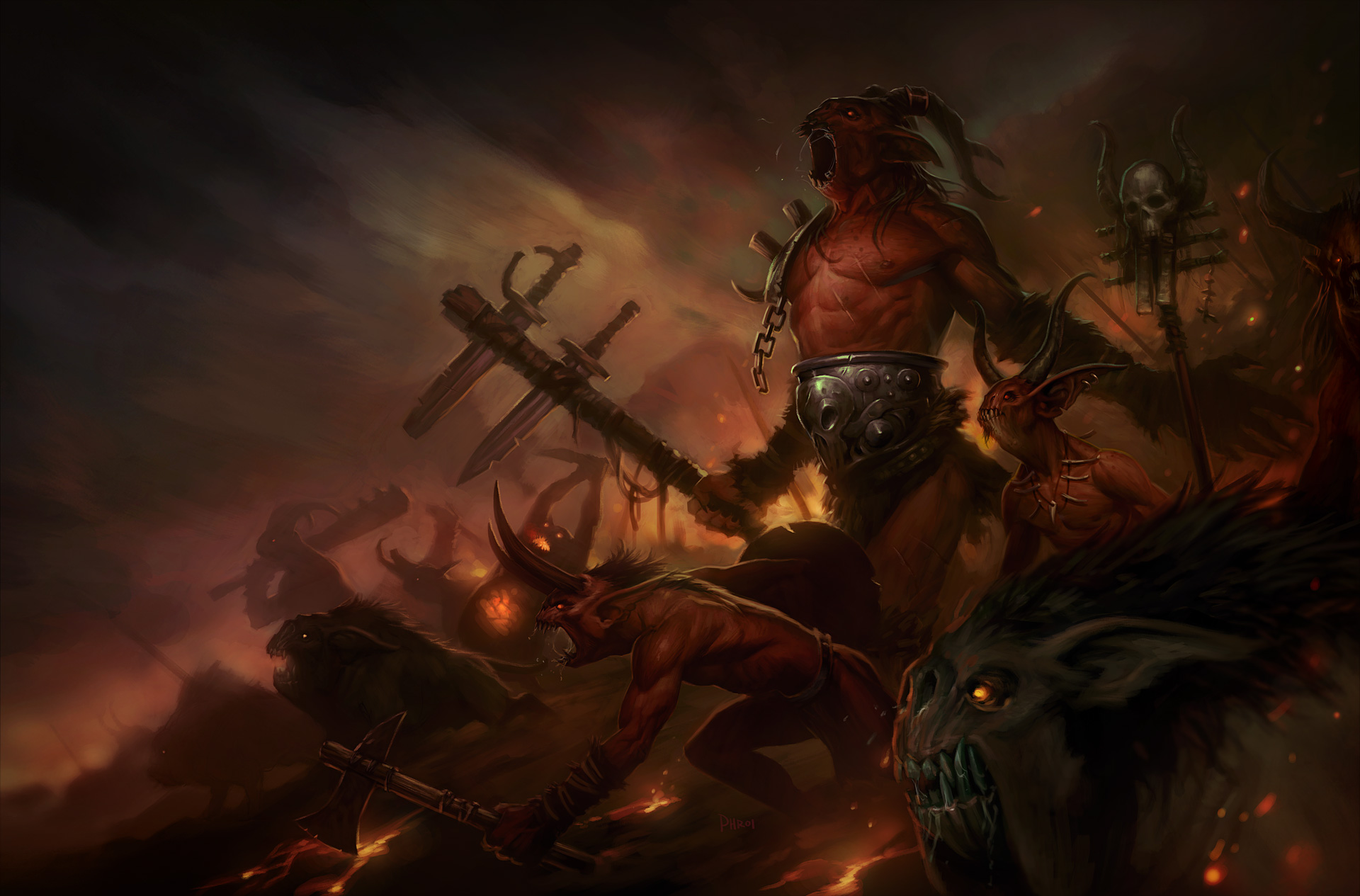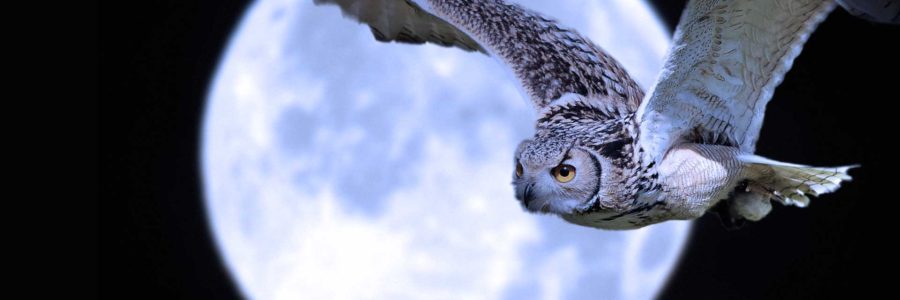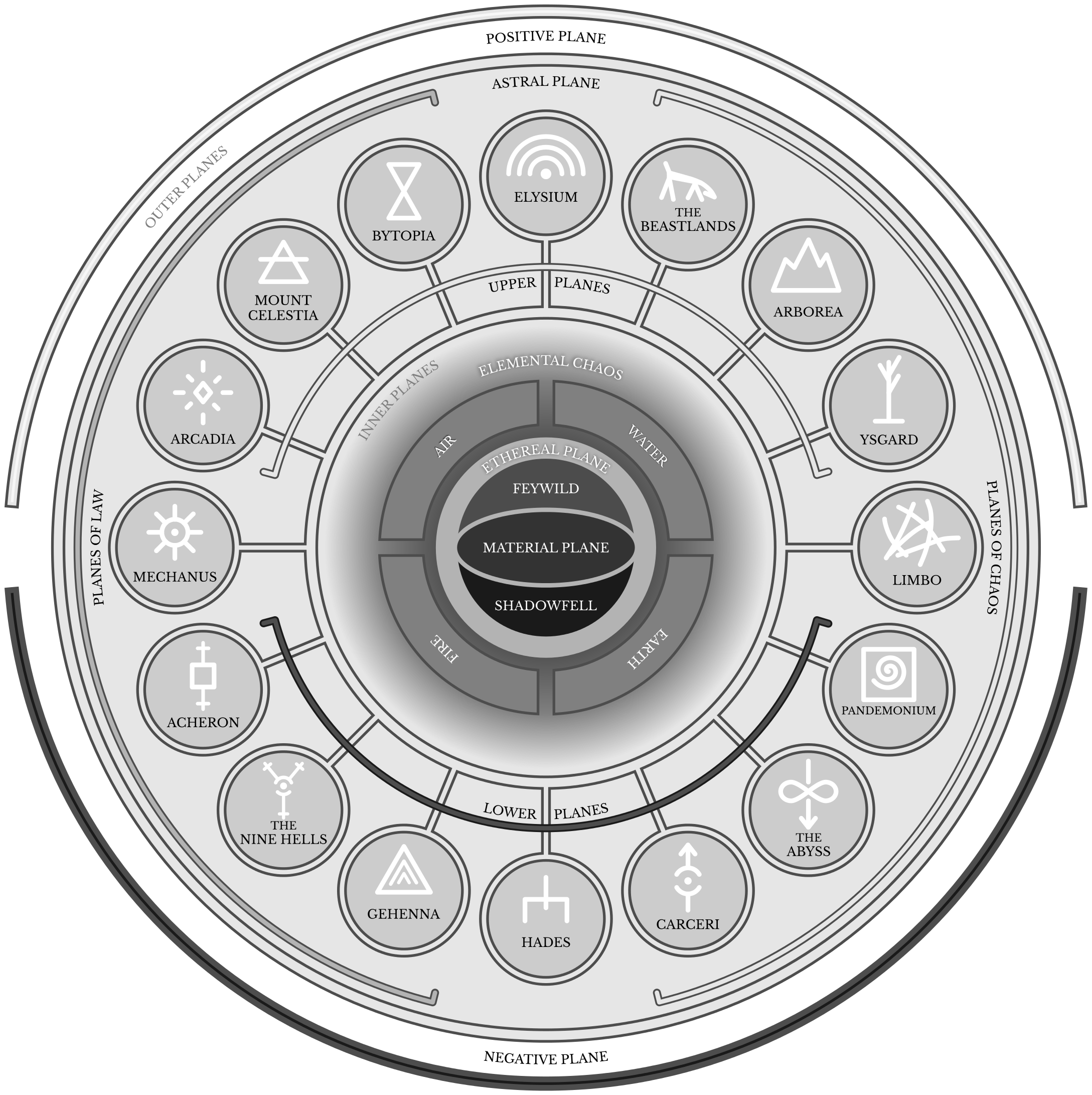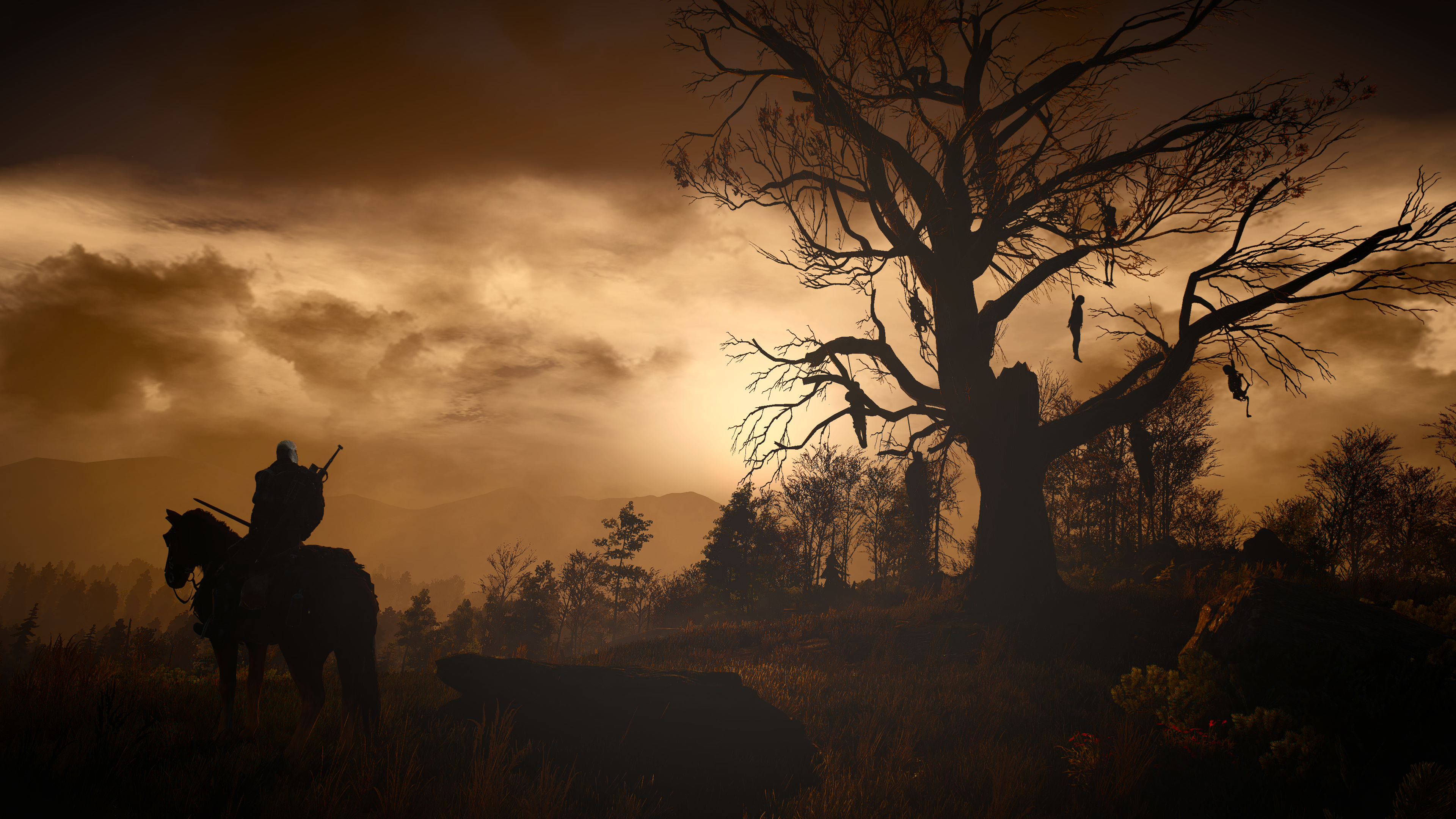The cultures of the Verdant Kingdoms are varied, and so are the gods the people worship. Below is a description of each of the occurring patheons, their gods, portfolio’s, alignments, symbols and their suggested cleric domains. Where necessary there might be some notes on the way the gods are worshiped, or where.
The Verdant Pantheon
Beauclair, Lyria and parts of Silesia share the largest pantheon of gods. Below is a small selection of the most important ones. There are many more.
| Verdant Pantheon (Beauclair, Lyria and Silesia) | ||||
| Deity | Portfolio | Alignment | Suggested Domains | Symbol |
| Paladine | guardians, order | LG | War | Silver triangle |
| Pholtus | sun, light, healing | LG | Light, Life | Sun |
| Chauntea | agriculture | NG | Nature | Cornucopia |
| Sedna | water, rivers, lakes | NG | Nature, Water | Five Fishes |
| Tymora | fortune | CG | Trickery | Coin |
| Mystra | magic | CG | Arcana, Knowledge | Star |
| Raven Queen | death, fate | LN | Death | Black Feather |
| Ioun | knowledge, craft, skill | N | Knowledge | Eye |
| Silvanus | nature | N | Nature | Oak Leaf |
| Tharizdun | chaos, change | CN | Trickery | Flame |
| Takhisis | ambition, hatred | LE | Death | Black Crescent |
| Bane | tyranny, terror | LE | War | Clenched Fist |
| Baal | murder, destruction | NE | Death, Tempest | Skull |
| Belial | lies, greed | CE | Trickery | Forked tongue |
| Beshaba | misfortune | CE | Trickery | Antlers |
| Dagon | sea | CE | Tempest, Water | Tentacle |
| Paladine and Takhisis are siblings. They are both also known as Bahamut and Tiamat, or the platinum and chromatic dragon. In that form they are also worshiped by dragons and the dragonborn. | ||||
The Æsir, the Northern Pantheon
The northern countries of Miðgarður, Hellmark and Fintra worship a set of deities who are closely aligned with nature, oftentimes brash, tempestuous and impulsive. They are called the Æsir.
| Northern Pantheon (Miðgarður, Hellmark, Fintra) | ||||
| Deity | Portfolio | Alignment | Suggested Domains | Symbol |
| Heimdall | watchfulness, loyalty | LG | Light, War | Curling musical horn |
| Odin | knowledge, war | NG | Knowledge, War | Watching blue eye |
| Baldur | beauty, poetry | NG | Life, Light | Gem-encrusted silver chalice |
| Freya | birth, fertility, love, motherhood | NG | Life | Falcon |
| Odur | light, sun | CG | Light | Solar disk |
| Thor | storms, thunder | CG | Tempest | Warhammer |
| Tyr | courage, justice, strategy | LN | Knowledge, War | Sword |
| Forseti | law | N | Light | Head of a bearded man |
| Hermod | luck | CN | Trickery | Winged scroll |
| Uller | hunting, winter | CN | Nature | Longbow |
| Skadi | earth, mountains | N | Nature | Mountain peak |
| Surtur | fire giants, war | LE | War | Flaming sword |
| Aegir | sea, storms | NE | Tempest | Rough ocean waves |
| Hel | underworld | NE | Death | Woman’s face, rotting on one side |
| Loki | thieves, trickery | CE | Trickery | Flame |
| Thrym | frost giants, cold | CE | War | White double-bladed axe |
The Tuatha Dé Danann
In Kaedwyn the gods are considered legendary people who long ago ascended to immortality and godhood. They are called the Tuatha Dé Danann, or Tribe of Gods, who long ago roamed the lands.
| Tuatha Dé Danann | ||||
| Deity | Portfolio | Alignment | Suggested Domains | Symbol |
| Dian Cecht | medicine, healing | LG | Life | Crossed oak and mistletoe branches |
| Belenus | sun, light, warmth | NG | Light | Standing stones |
| Oghma | speech, writing, knowledge | NG | Knowledge | Scroll |
| An Dagda | fertility, weather, harvest, strength, magic, druids, wisdom | CG | Nature, Knowledge | Bubbling cauldron |
| Lugh | arts, travel, commerce, oaths, truth, law | LN | Knowledge, Life | Pair of long hands |
| Nuada | war, warriors | N | War | Silver hand on black background |
| The Three Morrígna | ||||
| Macha | conquest, rulership, domination | LE | War | Two crossed spears |
| Badhbh | battle, death, fate, doom | NE | Death | Crow |
| Nemain | havoc, frenzy, slaughter | CE | Tempest | Fang |
Monotheism of the Daerlan Empire and Mazuria
In the Daerlan Empire and Mazuria most people are monotheistic and follow Deus. Silesia is generally also considered monotheistic, but it is much more diverse and accepting of other beliefs.
| Monotheism (The Daerlan Empire, Mazuria, Silesia) | ||||
| Deity | Portfolio | Alignment | Suggested Domains | Symbol |
| Deus | Good | G | Life, Light, Nature, Knowledge, Forge | Two hands in the sign of the aquila |
| Asmodeus | Evil | E | Death, Trickery, Tempest, War | Bloody pentagram |
| There are aspects of good and evil that some people pay homage to, but those are represented by angels and demons in service of Deus and Asmodeus. | ||||
The Aspects
Southern-West Lyria, is the home to a belief system which originates from beyond the southern sea and somehow suits the people that live it its distinct arid climate. Established generations ago by a group of travelers whose passage can only be felt by the gods they left behind. The aspects are like gods in the way that someone can have a personal relationship with them, but they rarely have anthropomorphised character traits and personalities like most gods from other pantheons seem to have. They represent more forces, elements or ideals that can be
| The Aspects (Cypria, Arroyo and Càrceres) | ||||
| Deity | Portfolio | Alignment | Suggested Domains | Symbol |
| Aspect of Light | sun | LG | Light | Dove-headed female |
| Aspect of Love | love, music, motherhood | NG | Life | Swan-headed female |
| Aspect of Nature | nature | CG | Nature | Stag-headed male |
| Aspect of Craft | crafts | LN | Knowledge | Fox-headed male |
| Aspect of Knowledge | knowledge | N | Knowledge | Owl-headed female |
| Aspect of Luck | luck | CN | Trickery | Cat-headed female |
| Aspect of War | war | LE | War, Death | Lion-headed male |
| Aspect of Deceit | deceit | NE | Trickery | Cobra-headed female |
| Aspect of Tempest | storms | CE | Tempest | Eagle-headed male |
The Old Gods
The old gods are hard to describe. To those who worship them, mostly wildermen in the south-east of the Verdant Kingdoms, and the szygani that roam the lands and swear no fealty to anyone but their family, they are more like forces than actual personalities. They have no real names, but people who worship them still have a close, personal relationship with them. They are called the Čhonči, or the moons.
| The Old Gods, Čhonči (Neutral, Szygani) | ||||
| Deity | Portfolio | Alignment | Suggested Domains | Symbol |
| Lačhi (Lačhin, Lačhi Čhon) | good | NG | Life, Light | A white disk |
| Maškar (Mačhan, Maškar Čhon) | neutrality | N | Arcana, Knowledge, Nature | A red disk |
| Nasul (Nasčhon, Nasul Čhon) | evil | NE | Ambition, Death, Trickery, War | A black disk with a purple rim |
| There are aspects of good, evil and neutrality that some people pay homage to, but those are represented by spirits and demons in service to that alignment. | ||||
The Elder Pantheons
The elder races have pantheons of their own. Below are some of the elven and dwarven gods. Their pantheons are small, but have many demi-gods who are usually legendary figures who became champions to one of the gods and were awarded for their deeds with ascension.
The Seldarine
| Elven Pantheon | ||||
| Deity | Portfolio | Alignment | Suggested Domains | Symbol |
| Seldarine | ||||
| Corellon Larethian | art, magic | CG | Arcana, Light | Starburst |
| Aerdrie Faenya | air, sky | CG | Tempest, Trickery | Bird silhouette |
| Hanali Celanil | love, beauty, art | CG | Life | Golden heart |
| Sehanine Moonbow | dreams, death, travel | CG | Death, Knowledge, Light | Crescent moon |
| Labelas Enoreth | time, history, philosophy | CG | Arcana, Knowledge | Setting sun |
| Rillifane Rallathil | nature, beasts, seasons | CG | Nature | Oak tree |
| Solonor Thelandira | archery, hunting, survival | CG | Nature, War | Silver arrow with green fletching |
| Naralis Analor | healing | LN | Life | Shield with white dove |
| Erevan Ilesere | mischief, change | CN | Trickery | Asymmetrical starburst |
| Dark Seldarine | ||||
| Lolth | drow, spiders, assassins, darkness | CE | Trickery | Spider |
| Vhaeraun | arrogance, thieves | CE | Trickery, War | Black mask |
| Kiaransalee | undead | CE | Arcana, Death | Drow hand with silver rings |
| Knowledge of the drow and the Dark Seldarine pantheon is very limited even among the elves. | ||||
The Morndinsamman
| Dwarven Pantheon | ||||
| Deity | Portfolio | Alignment | Suggested Domains | Symbol |
| Moradin | creation | LG | Knowledge | Hammer and anvil |
| Berronar Truesilver | hearth, home | LG | Life | Two interlocking silver rings |
| Clanggedin Silverbeard | war | LG | War | Crossed axes |
| Gorm Gulthyn | vigilance | LG | War | Bronze mask |
| Marthammor Duin | wanderers | NG | Nature, Trickery | Mace and boot |
| Dugmaren Brightmantle | invention, discovery | CG | Knowledge | Open book |
| Haela Brightaxe | luck, battle | CG | War | Flaming sword |
| Dumathoin | undermountain, secrets, death | N | Death, Knowledge | Mountain silhouette with a central gemstone |
| Vergadain | luck, wealth, commerce | N | Trickery | Gold coin |
| Hanseath | festivity, brewing, song | CN | Trickery, War | Beer stein |
| Laduguer | duergar, magic, craft | LE | Arcana, Death | Broken arrow |
| Abbathor | greed | NE | Trickery | Jeweled dagger |
| Duerra | conquest | CE | Arcana, War | Cracked skull |





